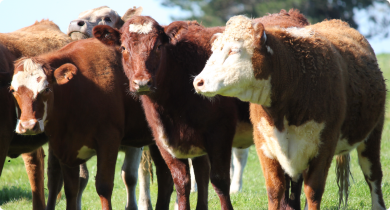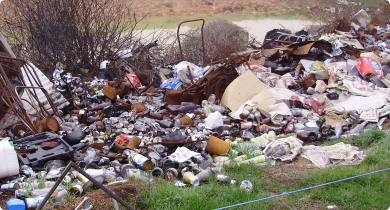Veterinary chemicals
Veterinary chemicals are drugs or medicines used to treat or prevent disease, injury and pests in livestock. Without veterinary chemicals, livestock survival rates and productivity would be greatly reduced, particularly for intensively reared animals such as pigs and poultry.
The Department of Agriculture and Food, Western Australia (DAFWA) regulates the control of chemicals on all animals used for food and fibre production. The Veterinary Chemical Control and Animal Feeding Stuffs Act 1976 covers the use of registered and unregistered chemicals, and details requirements such as following all label directions, recording all chemical use, and observing withholding periods, this is in addition to the Veterinary Chemical Control Regulations 2006. Veterinary chemicals must be used safely and in accordance with good agricultural practice in order to:
- protect people, animals, and the environment from harm
- prevent the development of antibiotic resistance, and
- maintain access to domestic and international markets by ensuring livestock products are free of harmful residues.
Everyone using chemicals on livestock including owners and veterinarians must comply with the legislation.
Articles
Filter by search
Filter by topic
- Livestock biosecurity (4) Apply Livestock biosecurity filter
- Livestock & animals (4) Apply Livestock & animals filter
- Biosecurity & quarantine (4) Apply Biosecurity & quarantine filter
- Biosecurity (4) Apply Biosecurity filter
- (-) Remove Livestock management filter Livestock management
- Livestock health & diseases (2) Apply Livestock health & diseases filter
- Diseases (2) Apply Diseases filter
- Stockfeed (1) Apply Stockfeed filter
- Wildlife biosecurity (1) Apply Wildlife biosecurity filter
- Management & reproduction (1) Apply Management & reproduction filter
- Livestock disease surveillance (1) Apply Livestock disease surveillance filter
- Emergency animal disease preparedness (1) Apply Emergency animal disease preparedness filter
- Food, export & investment (1) Apply Food, export & investment filter




